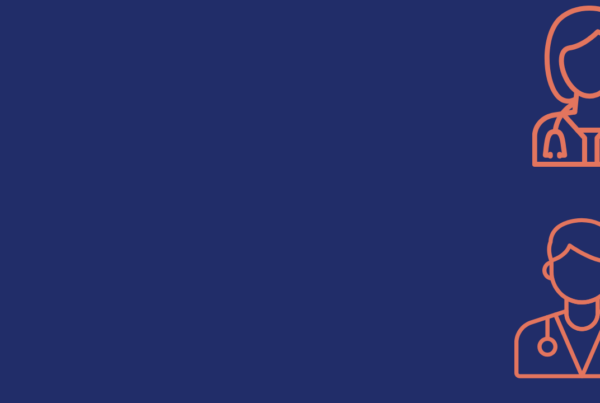In November, Julie Roser, Vice President of Post-Acute Care and Hospital Medicine Operations for US Acute Care Solutions (USACS) joined us at the first annual Medaptus Academy. Julie’s session focused primarily on reporting and how it can bring value to your organization through customizations of those reports and utilizing dashboards.
For ten years, USACS has been partnering with Medaptus to develop tailored workflows and processes to help them achieve clinical and company goals. USACS has been using Charge Pro, our charge capture solution, to create custom rules for charges and custom dashboards that have valuable information at their disposal that is useful for a wide range of audiences. The next sections describe how Julie uses these custom features and the important business decisions that can come from them.
What kind of reporting do you use daily, and why is it helpful to you?
Julie: There are three types of reporting that help me daily:
- Custom reports and charts within the application – often we are asked for credentialing. So, accessible clinician case log reports are vital to us for a process we need on a regular basis. Daily export reporting to look at not only what is going on in the system, but to see how much we are exporting to track progress and make operation decisions. Readmission detail reports on patients prove to be helpful to operators. Productivity tracking reports help us see how fast we’re getting charges out the door at our sites.
- Raw data report for exports – allows us to manipulate data outside the application such as pivot tables in excel Tableau and Power-BI to build integral information. This can be created for leaders in the organization. And the best part? I don’t have to train anyone on a new system or log them in.
Why is custom reporting helpful to you in your day-to-day operations?
Julie: This answer starts with the importance of having different types of reports all in one place and leveraging customizations and options within those dashboards. Within these custom report dashboards, Medaptus can generate reports by custom classifications:
- Individual CPT code or by custom classification
- Admission, discharge, subsequent
- High level, moderate level, low level
- Custom calculations
- Percentage of
- Benchmark comparison
- Tailored definitions
- Provider-created
- Coder-entered
You have all this data, but how do you make it useful?
Julie: Workflow adaptations. Taking this data and implementing process changes can yield greater benefit downstream in reporting. Examples could be grouping hospital medicine and critical care into two different groups since your metrics for both groups will be different, being able to distinguish this data on the forefront and having it at your fingertips can be incredibly helpful.
Ask yourself, “who is going to be seeing and digesting these custom reports? How do they like to see large amounts of information?” The way you report information to a clinician will be very different from how you report information to a coding team.
Using dashboards to share valuable and beneficial information across a variety of groups has proven to be integral to making data accessible and useful to a wide range of users.
How has USACS used enhanced reporting to help support the company’s goals and initiatives?
Julie: It starts by examining your organization’s mission statement and values. For example, we are dealing with post-covid industry challenges with locums and staffing changes. Primarily, with new grads and the shift in mindset from those who have been practicing medicine for years. We have had to do a lot of clinician retention and engagement which is a key focus for us. We have had to build workflows to help us better leverage the data to recognize our site operations and respond appropriately to staffing needs.
Having data at our fingertips on encounter volumes, number of admissions/discharges a day, seasonal and cyclical trends, and average daily census help us staff appropriately, therefore providing the best care to our patients and providers.
What dashboards do you use that are most helpful to you?
Watch this short session highlight video on Julie’s reporting and the dashboards she uses to be successful!
Want to see the whole video, or learn more about the academy and how you can gain valuable professional development from attending? Sign up for updates to our newsletter to be the first to find out about the 2024 medaptus Academy!
Get the latest updates and news delivered to your inbox.
Subscribe to our newsletter today.




